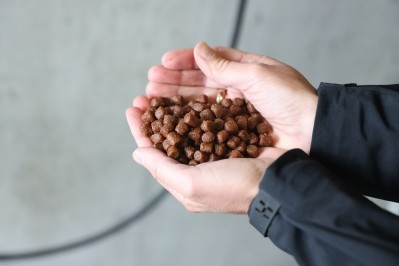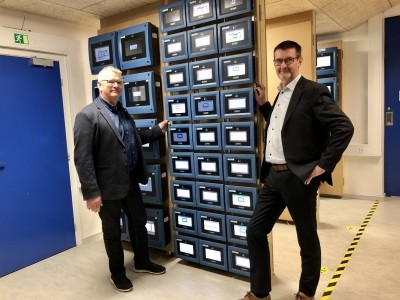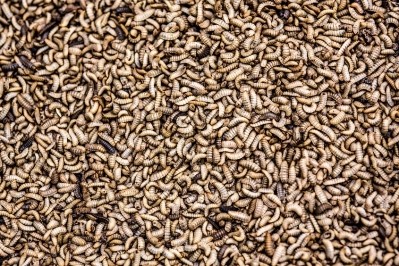Survey part of WWF and Tesco commissioned project
Views sought on how to bring insect protein production to scale

The survey can be accessed here. The deadline for responses is tomorrow, Thursday, July 30.
The survey is part of a project, backed by the WWF UK and leading retailer, Tesco, to develop a road map for the scaling up of insect protein production for use in feed, with a particular focus on pigs, poultry and salmon feed.
ADAS is leading the consortium selected to carry out that work. Also involved in this project are agricultural law firm, Michelmores LLP and insect producer, Multibox.
Insect protein is candidate with ‘the greatest potential’
“The increased demand for soybean meal in livestock feed is driving a need for more land for production of this crop, which is causing significant problems in sourcing regions such as South America, where natural habitats are being destroyed and converted to farmland. Similarly, the demand for fishmeal in aquaculture has resulted in overfishing in some regions, which is associated with accelerated depletion of fish stocks.
“In order to help prevent these major environmental challenges, rival proteins that can displace or reduce the reliance on soybean meal and fishmeal are urgently required.
“Whilst there are a range of novel proteins emerging including algal, bacterial, and yeast-derived ones, the [candidate] with possibly the greatest potential is insect protein; particularly for animal feed for chickens, pigs and salmon,” writes the ADAS
Scaling up the production of insect protein
The consultancy said the consortium will evaluate how the production of insect protein for animal feed can be scaled up, develop a roadmap to show the key steps that need to be taken, and provide recommendations on how the market can expand to displace fishmeal and soybean meal, taking into consideration the legal, market and operational constraints.
It said the key objectives are to:
- Evaluate the evidence base around insect protein production;
- Assess a range of waste streams that could be utilized for insect production;
- Develop a roadmap that sets out how to rapidly scale insect protein production; and
- Draft recommendations that overcome the key barriers and challenges such as legislative, environmental, financial, operational, and social to eventually realize the roadmap.
Project methodology
As part of the project, ADAS will undertake extensive stakeholder engagement across the insect production industry, including insect producers, feed producers/nutritionists, farmers, feed buyers, academics, industry, regulators, and the supply chain.
This online survey is part of that exercise. The agency will also conduct interviews with those stakeholders.
“We seek to capture the views from a range of organizations to ensure the recommendations reached are both feasible, sustainable, and consider the wider environmental and legislative objectives in the UK,” said the consultancy.













